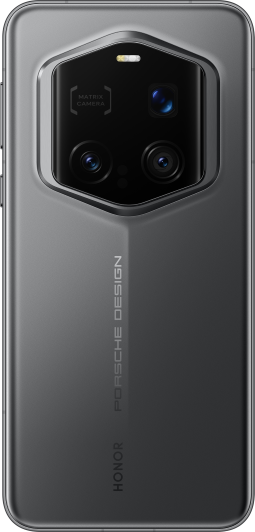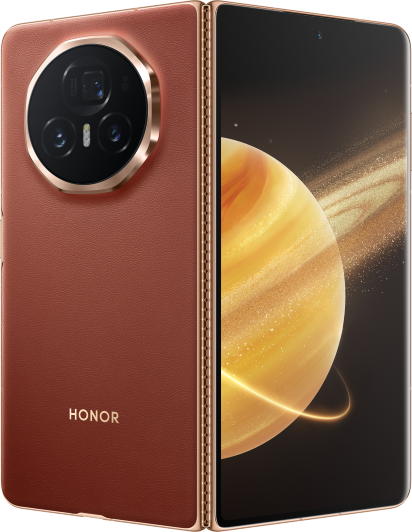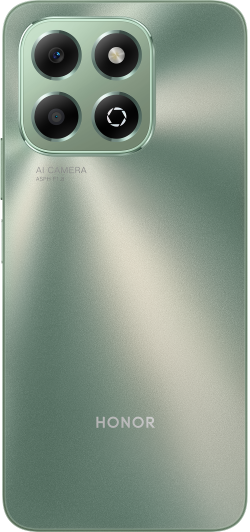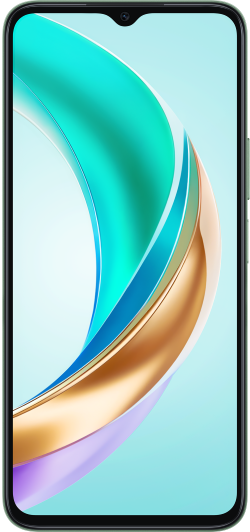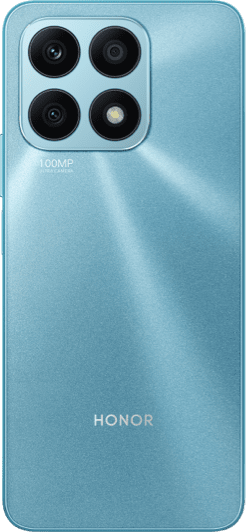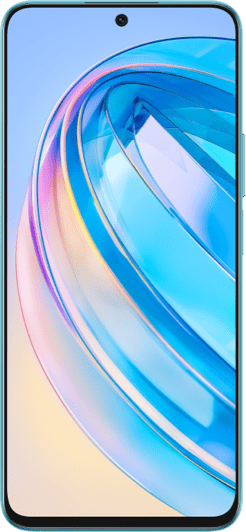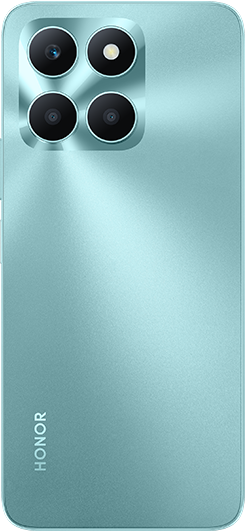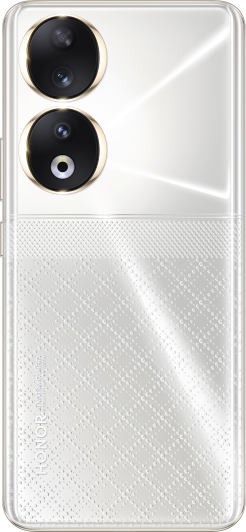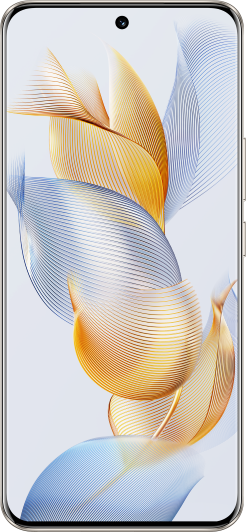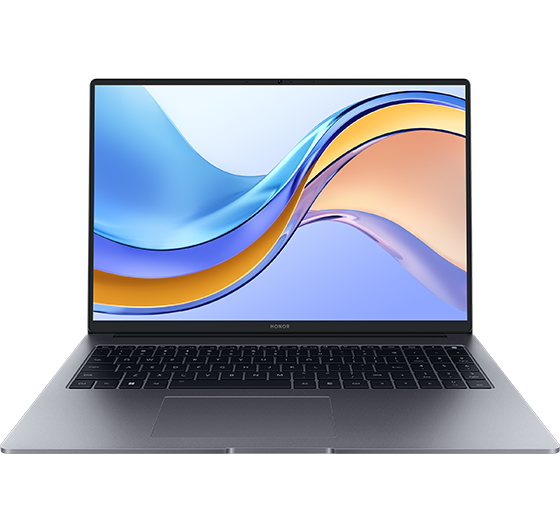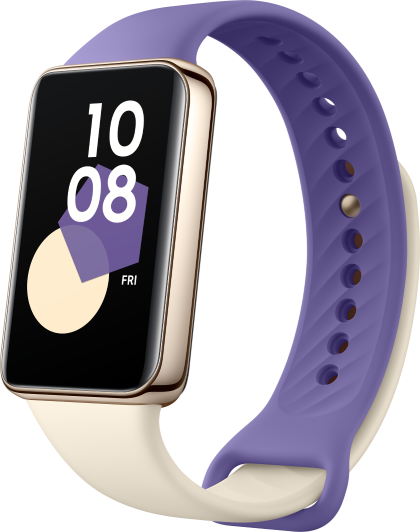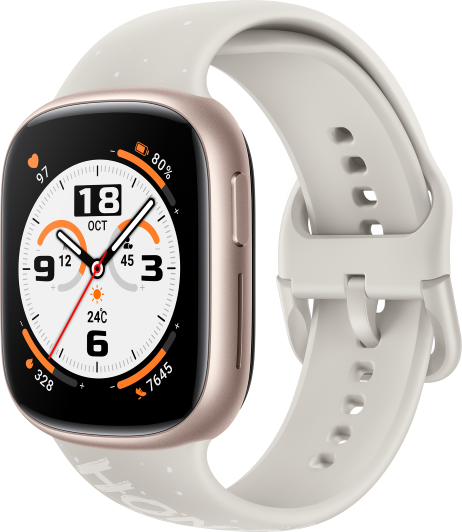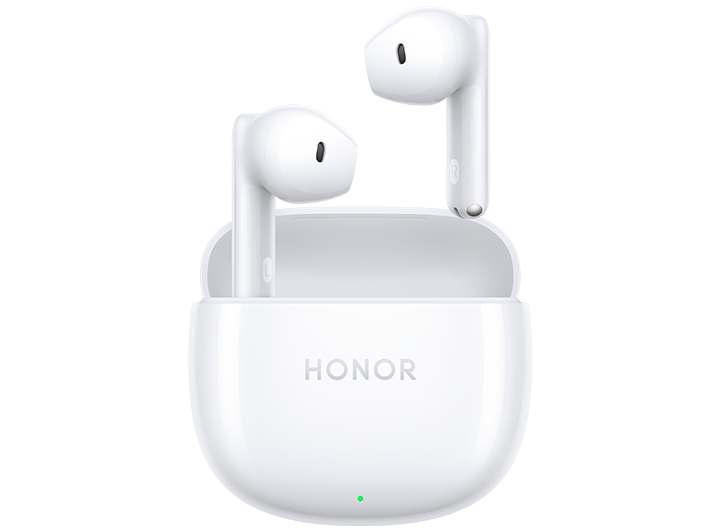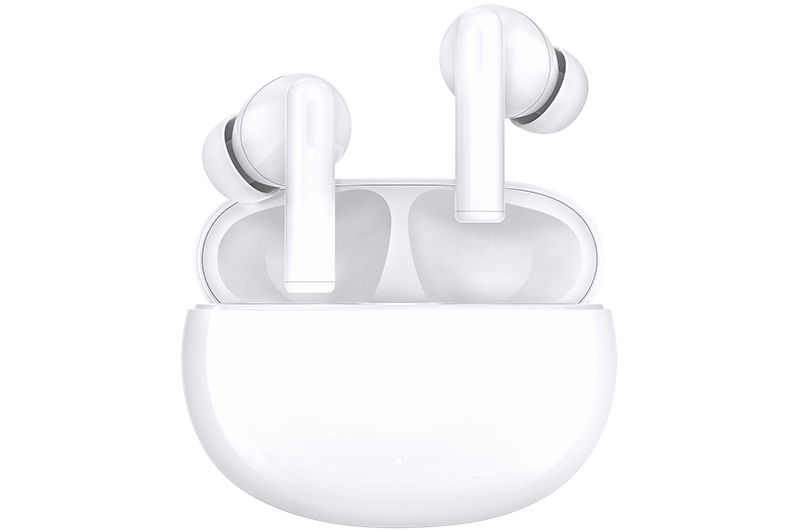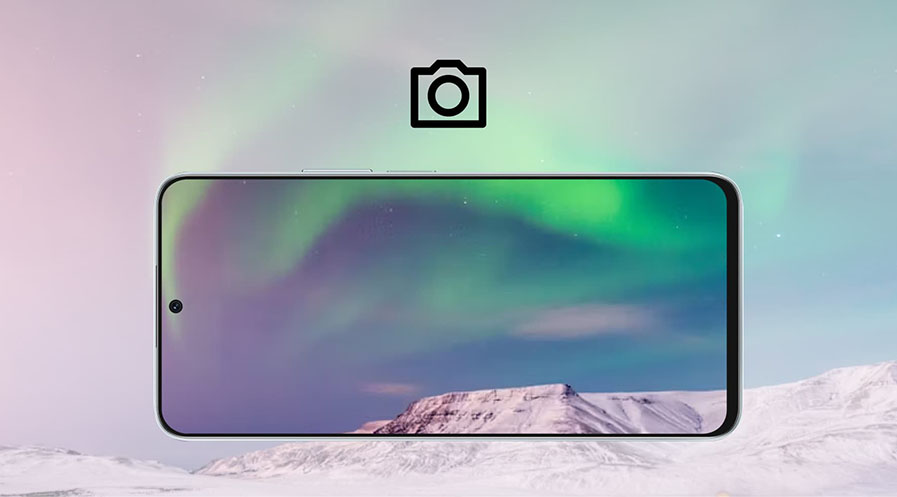TOP

我的荣耀 开启荣耀之旅
To log in to your account, you must first agree to the HONOR PLATFORM TERMS OF USE. If you do not agree, you may only browse the site as a guest.
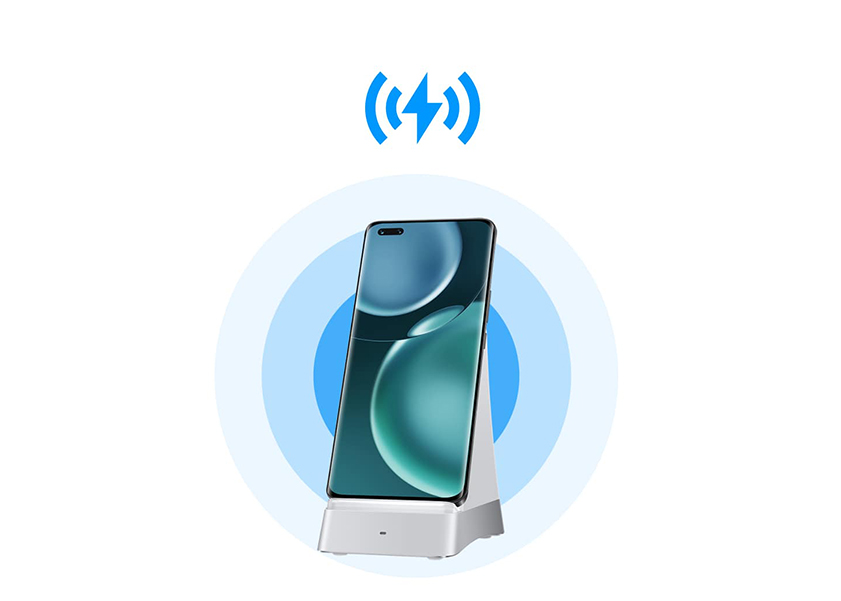
Is Wireless Charging Faster Than Wired? A Comprehensive Guide
Our quest for more convenient ways to power our devices has led to the widespread adoption of wireless charging. This innovative method casts aside the tangling cords of its traditional wired counterpart, offering us a clutter-free, cable-less charging experience. But as we lean into this futuristic approach, the inevitable question arises: Is wireless charging faster?
This comprehensive guide delves into the intricacies of wireless charging, comparing it with wired charging to determine which method offers superior speed. We will also explore the factors that influence wireless charging speed and provide actionable tips on how to wirelessly charge your phone faster, ensuring you make the most out of this innovative technology.
What Is Wireless Charging?
Wireless charging is an innovative technology that relies on electromagnetic fields to transfer energy from a charging station or pad to a device, without the need for any physical wires or connections. The principle behind this method is rooted in the concept of magnetic induction. An alternating current (AC) flows through the charging pad's coil, generating a magnetic field. When a device equipped with a compatible receiver coil is placed on or near the charging pad, this magnetic field induces an electric current in the receiver coil, effectively charging the device's battery.
The ease of simply placing your device on a pad and having it charge without fiddling with cables is a testament to the convenience wireless charging offers. Furthermore, wireless charging standards, such as Qi (pronounced "chee"), have been established to ensure compatibility and safety across a wide range of devices. This standardization has been a crucial step in the adoption of wireless charging technology, as it guarantees that devices, regardless of their manufacturer, can be charged using the same pad.
Wired vs Wireless Charging - Which Is Faster?
Now that you understand the basic concept of wireless charging, let's dive into the debate: Is wireless charging faster than wired charging?
How Fast Is Wired Charging?
Wired charging has been the traditional method of powering devices for decades. The primary advantage of wired charging is its efficiency. Because it establishes a direct connection between the device and the power source, there is minimal energy loss during the process. Modern wired charging technologies, such as USB-C and fast charging protocols, have significantly enhanced the speed at which devices can be charged, allowing batteries to reach full capacity in significantly less time than older methods.
Consider the HONOR Magic5 Pro smartphone as an example of fast wired charging's potential. This device is outfitted with a substantial 5100mAh battery and supports 66W fast wired charging, thanks to the 66W SuperCharge plug included in the box. The charging speeds it achieves are impressive: from 0 to 50% in approximately 16 minutes, and 80% in around 37 minutes.
How Fast Is Wireless Charging?
Wireless charging, while revolutionary in terms of convenience, generally lags behind wired charging in terms of speed. The energy transfer via electromagnetic fields in wireless charging is not as efficient as the direct electrical connection in wired charging, leading to slower charging times. Qi chargers typically draw between 5W to 15W from the wall and can take around 3 to 4 hours to fully charge a smartphone. If you're in a hurry, they can get your phone from 0% to 50% in about an hour.
However, advancements in wireless charging technology, including higher wattage pads and more efficient transmission methods, have narrowed the gap. Some of the latest wireless chargers offer speeds that challenge wired chargers. For example, the HONOR Magic4 Pro, equipped with a 4600mAh battery, supports up to a maximum of 100W wireless charging with the 100W HONOR Wireless SuperCharge stand. This allows the phone to recharge from 0 to 50% battery in about 15 minutes and achieve 80% charge in approximately 34 minutes.
Factors That Influence the Wireless Charging Speed
While the convenience of wireless charging is undeniable, several factors can significantly influence its speed. Understanding these variables can help you optimize your charging experience, making it as efficient as possible. Here are the key factors to consider:
Power Output of the Charger
The maximum power output of a wireless charger is a critical determinant of how fast it can charge your device. Chargers with higher wattage can deliver power more quickly, reducing charging times. For instance, a wireless charger rated at 15W will generally charge a device faster than one rated at 5W, assuming the device supports the higher input.
Device Compatibility
Not all devices support the same wireless charging speeds. The maximum charging speed that a device can handle is determined by its hardware. For example, the HONOR Magic4 Pro supports up to max 100W wireless SuperCharge, while the HONOR Magic5 Pro supports up to max 50W wireless SuperCharge. Therefore, even if you use a high-wattage charger, the actual charging speed will be limited by what your device can handle. Always check your device's specifications for its maximum supported wireless charging speed.
Alignment and Placement
Proper alignment between the device and the charging pad is crucial for optimal wireless charging efficiency. If the coils inside the device and the charger are not correctly aligned, it can lead to slower charging or even prevent charging altogether. Some charging pads feature magnets or guidance systems to help with alignment, but it's always a good practice to position your device correctly on the pad to ensure the best charging efficiency.
Environmental Factors
The charging environment can also influence the speed of wireless charging. Excessive heat, for instance, can cause the charging process to slow down or even stop to prevent damage to the battery. This thermal management is crucial for maintaining the longevity of the device's battery but can temporarily reduce charging speed.
How to Wirelessly Charge Your Phone Faster?
If you're looking to make the most of this technology and charge your wireless charging phones as quickly as possible, there are several strategies you can employ:
Choose High-Quality Wireless Chargers
Not all wireless chargers are created equal. Opting for a high-quality charger from a reputable manufacturer can make a significant difference in charging speed. Look for chargers that support fast charging and are compatible with your device's maximum charging speed. For example, choosing the proprietary HONOR SuperCharge stand for the HONOR Magic4 Pro can effectively leverage its max wireless charging speed at 100W.
Optimize Charging Conditions
To maximize the efficiency of wireless charging, it's crucial to optimize the environment in which you charge your device. This includes removing any cases or accessories that might hinder the connection, placing the phone correctly on the charging pad, and ensuring the charging area is not too hot or cold. The environment plays a significant role in how quickly your device can charge wirelessly.
Check for Software Upgrades
Keeping your device's software up to date is crucial for optimal charging speed. Manufacturers often release updates that improve charging efficiency and compatibility with charging standards. Regularly updating your device can ensure that you're taking advantage of the latest optimizations for faster wireless charging.
Conclusion
As we have seen, the answer to "Is wireless charging faster than wired?" is not a straightforward one. The speed of wireless charging is influenced by a myriad of factors, including the charger's power output, the compatibility of the device, and the alignment and placement of the phone on the charging pad. However, by choosing high-quality wireless chargers, optimizing charging conditions, and ensuring your device's software is up to date, you can significantly enhance the wireless charging experience. As technology advances, we can expect further improvements in wireless charging speeds, making it even more competitive with traditional wired charging methods.
FAQ
Does wireless charging degrade battery?
While wireless charging can potentially degrade a battery slightly faster than wired charging due to the heat generated during the wireless charging process, the difference is minimal for most users. Many modern smartphones and wireless chargers have systems in place to manage heat and mitigate its impact, ensuring your device's battery retains its capacity and longevity through regular use.
Is slow wireless charging better?
Slow wireless charging is not necessarily better. While it can generate less heat, potentially reducing wear on the battery over time, the convenience and time-saving benefits of fast charging often outweigh these advantages. Modern phones and wireless chargers are designed to mitigate the negative effects of fast charging, making it a viable option for many without significantly impacting battery lifespan.
Is higher wattage faster for wireless charger?
Yes, higher wattage generally results in faster charging for wireless chargers. A higher wattage charger can supply more power, allowing a compatible device to charge more quickly, assuming the device supports the higher power input.
How fast is a 15W wireless charger?
A 15W wireless charger charges relatively faster than standard 5W or 7.5W chargers. On average, a 15W wireless charger might take around 45 minutes to charge a smartphone from 0% to 50%. However, it does not charge as rapid as the more advanced fast wireless charging solutions. For context, the 100W HONOR Wireless SuperCharge can charge the HONOR Magic4 Pro from 0% to 50% in just 15 minutes.
Source: HONOR Club

Subscribe To Our Newsletter - Discover HONOR
Please accept HONOR Platform Privacy Statement.
By entering your WhatsApp number, you agree to receive commercial information on WhatsApp about HONOR products, events, promotions and services. For more details, please see our privacy policy.
Please accept HONOR Platform Privacy Statement.
I agree to receive the latest offers and information on HONOR products, events and services through third-party platforms (Facebook, Google). I may withdraw my consent at any time as indicated in the Privacy Statement.
Contact
Mon-Sat: 09:00 – 18:00. (Except on national holidays).
Third Floor, 136 George St., London, W1H 5LD, United Kingdom.
Copyright © HONOR 2017-2025. All rights reserved.
We use cookies and similar technologies to make our website work efficiently, as well as to analyze our website traffic and for advertising purposes.
By clicking on "Accept all cookies" you allow the storage of cookies on your device. For more information, take a look at our Cookie Policy.
Functional cookies are used to improve functionality and personalization, such as when playing videos or during live chats.
Analytical cookies provide information on how this site is used. This improves the user experience. The data collected is aggregated and made anonymous.
Advertising cookies provide information about user interactions with HONOR content. This helps us better understand the effectiveness of the content of our emails and our website.






